How close is science to achieving immortality?
Category: life extension – Page 565
Michael Fossel — Defeating Aging
Michael B. Fossel, M.D., Ph.D. (born 1950, Greenwich, Connecticut) was a professor of clinical medicine at Michigan State University and is the author of several books on aging, who is best known for his views on telomerase therapy as a possible treatment for cellular senescence. Fossel has appeared on many major news programs to discuss aging and has appeared regularly on National Public Radio (NPR). He is also a respected lecturer, author, and the founder and former editor-in-chief of the Journal of Anti-Aging Medicine (now known as Rejuvenation Research).
Prior to earning his M.D. at Stanford Medical School, Fossel earned a joint B.A. (cum laude) and M.A. in psychology at Wesleyan University and a Ph.D. in neurobiology at Stanford University. He is also a graduate of Phillips Exeter Academy. Prior to graduating from medical school in 1981, he was awarded a National Science Foundation fellowship and taught at Stanford University.
In addition to his position at Michigan State University, Fossel has lectured at the National Institute for Health, the Smithsonian Institution, and at various other universities and institutes in various parts of the world. Fossel served on the board of directors for the American Aging Association and was their executive director.
Fossel has written numerous articles on aging and ethics for the Journal of the American Medical Association and In Vivo, and his first book, entitled Reversing Human Aging was published in 1996. The book garnered favorable reviews from mainstream newspapers as well as Scientific American and was published in six languages. A magisterial academic textbook on by Fossel entitled Cells, Aging, and Human Disease was published in 2004 by Oxford University Press.
Since his days as a teacher at Stanford University, Fossel has studied aging from a medical and scientific perspective with a particular emphasis on premature aging syndromes such as progeria, and since at least 1996 he has been a strong and vocal advocate of [telomerase therapy]] as a potential treatment of age-related diseases, disorders, and syndromes such as progeria, Alzheimer’s disease, atherosclerosis, osteoporosis, cancer, and other conditions. However, he is careful to qualify his advocacy of telomerase therapy as being a potential treatment for these conditions rather than a “cure for old age” and a panacea for age-related medical conditions, albeit a potential treatment that could radically extend the maximum human life span and reverse the aging process in most people. Specifically, Fossel sees the potential of telomerase therapy as being the single most effective point of intervention in a wide variety of age-related medical conditions. His new book, The Telomerase Revolution, (BenBella, 2015) gives a careful explanation of aging, age-related diseases, and the prospects for intervention, including upcoming human trials.
Facebook: https://www.facebook.com/agingreversed
Twitter: https://twitter.com/Aging_Reversed
Support the Channel: https://goo.gl/ciSpg1
Channel t-shirt: https://teespring.com/aging-reversed

How blasting worms into space could help slow down the ageing process
A tiny transparent worm could be the key to finding out how to stop the frailty and ill health which often comes with old age.
British scientists are sending tens of thousands of worms into space in a government backed project to see if two drugs can prevent or slow down muscle wasting brought on by microgravity.
In space, the 1mm long c-elegans worms have nothing to push against to maintain their muscle mass and so quickly start losing strength, mirroring the effect experienced by elderly people back on Earth or those with conditions like muscular dystrophy.
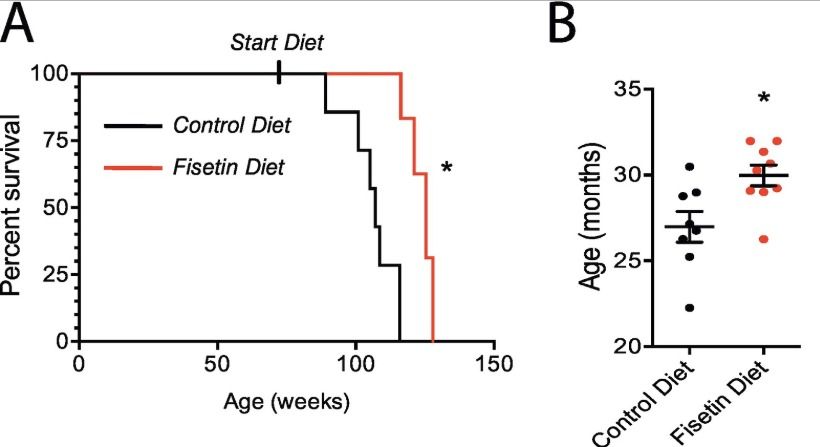
Fisetin—a new senolytic
More information on the search for natural senolytics (that clear the senescent cells and potentially make us younger)- on ficetin, found in abundance for example in strawberries, a newly published study and discussion in the blog of Josh Mitteldorf. But we still would have to consume around 20 kg strawberries for two consecutive days to reach the dose used in the happy longer living mice!
Senolytic drugs have been the most promising near-term anti-aging therapy since the ground-breaking paper by van Deursen of Mayo Clinic published in 2011 . The body accumulates senescent cells as we age, damaged cells that send out signal molecules that in turn modify our biochemistry in a toxic, pro-inflammatory direction. Though the number of such cells is small, the damage they do is great. Van Deursen showed that just getting rid of these cells could increase lifespan of mice by ~25%. But he did it with a trick, using genetically engineered mice in which the senescent cells had a built-in self-destruct switch.
After that, the race was on to find chemical agents that would do the same thing without the genetically engineered self-destruct. They must selectively kill senescent cells, while leaving all other cells unharmed. It’s a tall order, because even a little residual toxicity to normal cells can be quite damaging. Before last week, the two best candidates were FOXO4-DRI and a combination of quercetin with dasatinib .
I’ve written in the past ( here and here ) that senolytic drugs are our best prospect for a near-term lift on the road to anti-aging medicine.


A Day in the World of the LSAF
Thought experiments can be really useful tools to better understand the implications of abstract ideas—especially ideas that are accepted at face value as self-evident truths. In some cases, they resemble proofs by contradiction in that they allow us to see that, if said ideas were true, they would end up clashing with other ideas accepted as non-negotiable principles. What we’re going to try today is something like that.
Crossing into another dimension
Every long-standing rejuvenation advocate has had to put up with people claiming that aging is a good thing on the questionable grounds that it may help to prevent overpopulation, cultural stagnation, the rise of “immortal” dictators, getting bored of far too long lives, and so on. (I was even told by a friend of mine—a truly stalwart advocate who’s anything but afraid of bringing the topic up whenever he gets the chance—that a man once briskly dismissed rejuvenation nonchalantly by saying, “Come on, a little bit of death is all right.” It’s hard not to wonder if he’d think the same if the people close to him were dying.)
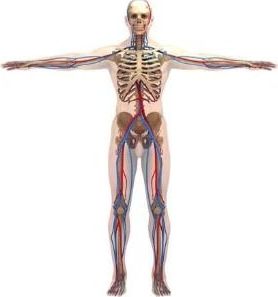
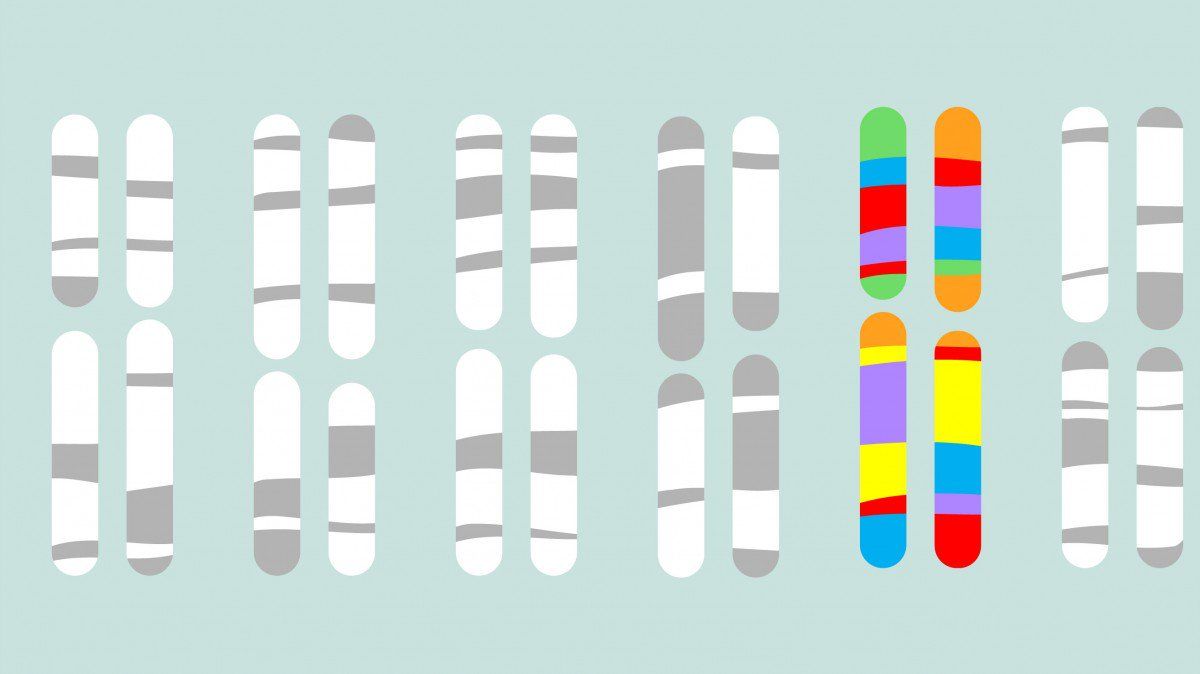
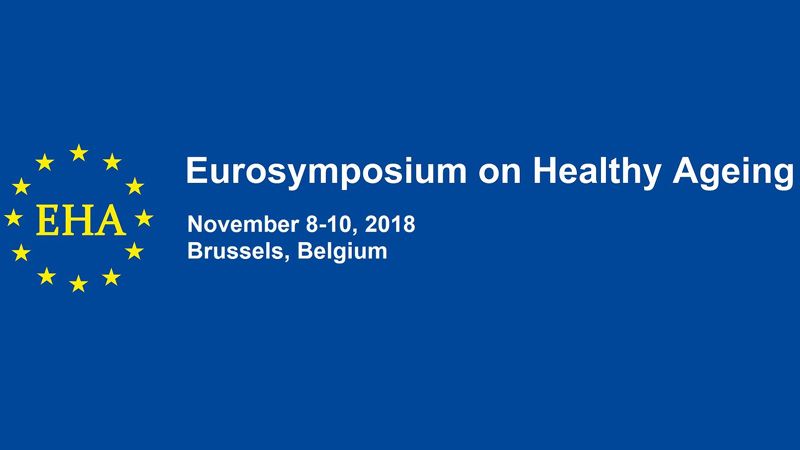
Thoughts on the 2018 Eurosymposium on Healthy Ageing
Thoughts on the Eurosymposium on Healthy Ageing held by Heales in Brussels.
When I first learned about the possibility of achieving human rejuvenation through biotechnological means, little did I know that this would lead me to meet many of the central figures in the field during a conference some seven years later—let alone that I would be speaking at the very same event. Yet, I’ve had the privilege to attend the Fourth Eurosymposium on Healthy Ageing (EHA) held in Brussels on November 8–10, an experience that gave me a feel of just how real the prospect of human rejuvenation is.
A friendly, welcoming environment
As EHA was the first conference I’ve ever attended, I didn’t quite know what to expect; given that researchers, activists, and investors from all around the world were invited, I had imagined it would probably be a posh, formal event with violins playing on the background and people in suits and formal dresses discussing topics beyond my comprehension while enjoying champagne. Thankfully, the atmosphere was much more relaxed and informal, elegant but not intimidating, which favored the interaction among participants regardless of their backgrounds—though, alas, the topics discussed were indeed mostly beyond my comprehension, as they involved high-level biochemistry with which I’m nowhere near sufficiently familiar (yet).
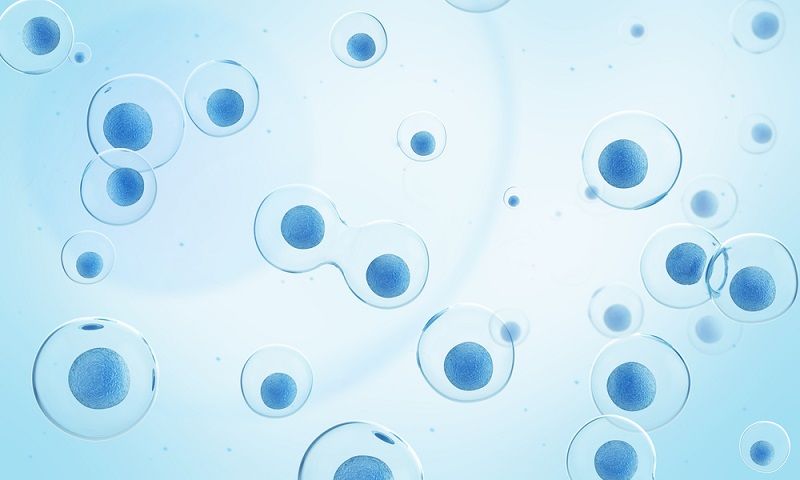
Too much mTOR is Linked to Diabetes and Aging
A new study takes a look at the relationship between metabolism, aging, and type 2 diabetes and in particular the mTORC1 protein complex, part of the mTOR pathway.
The mTOR pathway
The mechanistic target of rapamycin (mTOR) pathway is a major part of metabolism and is one of four major pathways that control it; collectively, the four pathways are part of deregulated nutrient sensing, which is one of the aging processes.